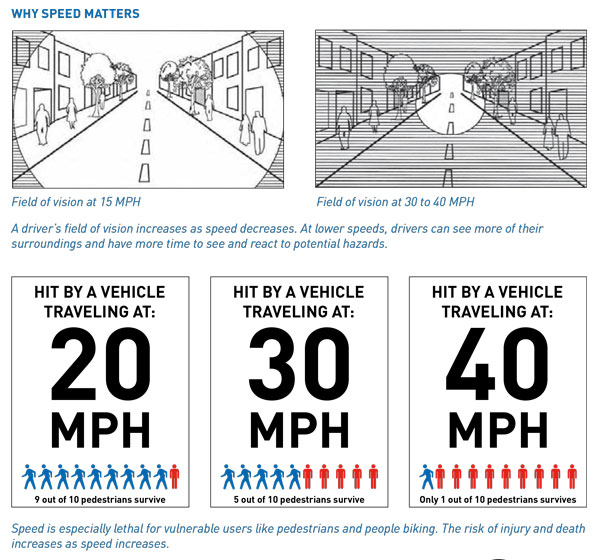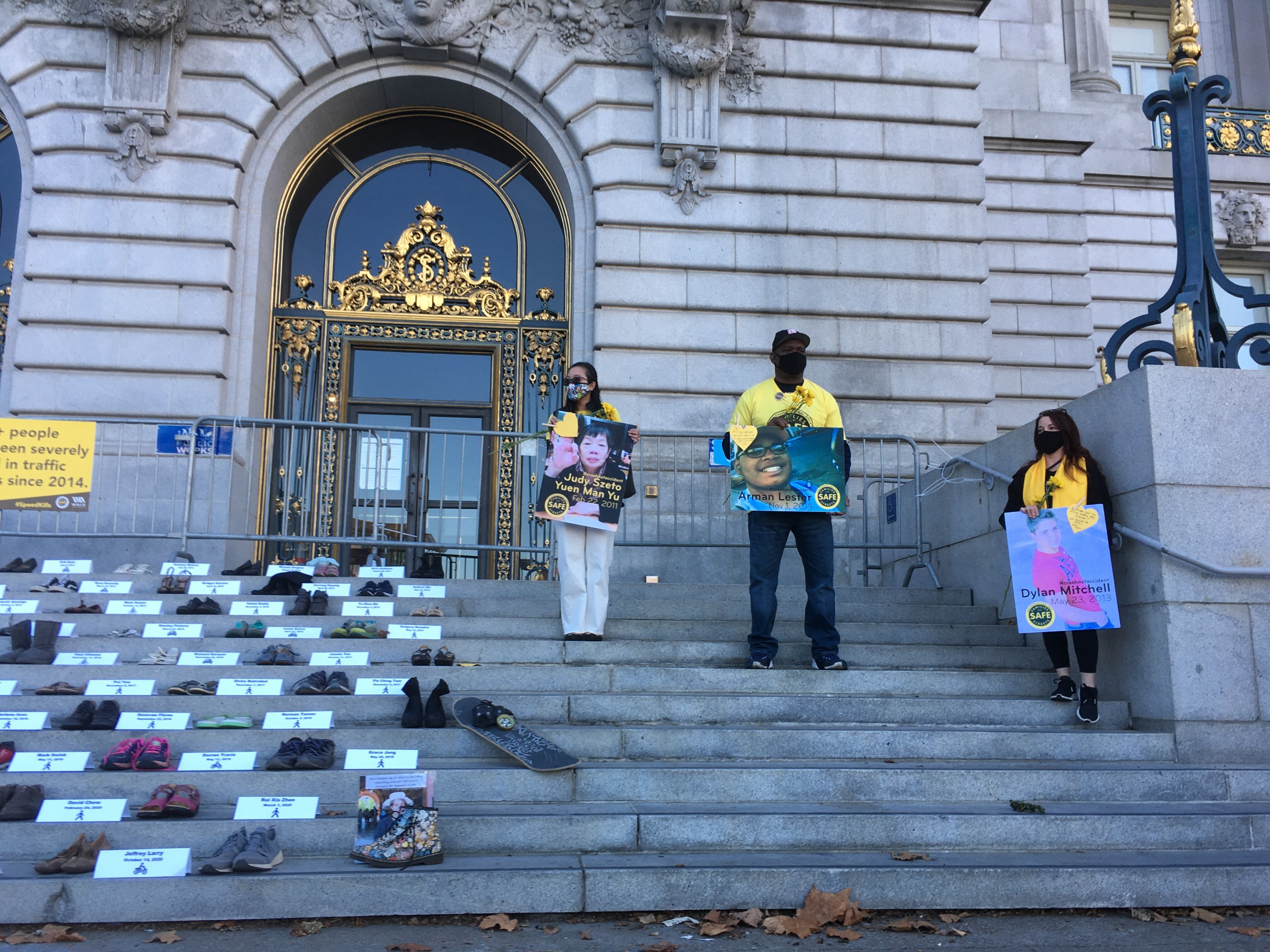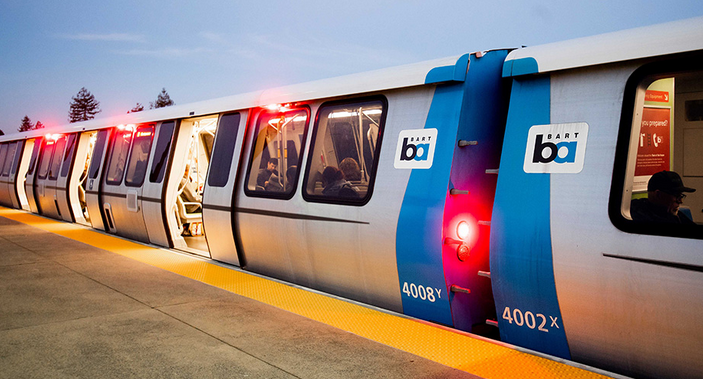Note: GJEL Accident Attorneys regularly sponsors coverage on Streetsblog San Francisco and Streetsblog California. Unless noted in the story, GJEL Accident Attorneys is not consulted for the content or editorial direction of the sponsored content.
San Francisco Assembly Member David Chiu is trying again to legalize Automated Speed Enforcement, popularly known as 'speed cameras.' "I am tired of attending memorials and hearing about another person killed because a driver was speeding,” said Chiu in a statement announcing AB 550. “At a certain point, we have to say enough is enough. These deaths are completely preventable. We have the tools to save lives. This bill will allow us to use proven safety tools and end these senseless deaths.”
"Extensive studies have shown that there is a direct correlation between the speed at which a vehicle travels and the likelihood that a collision ends in loss of life. When a driver traveling at 20 miles per hour hits a pedestrian, there is a 90 percent chance that the pedestrian will survive. At 40 miles per hour, the chance of survival drops to 20 percent," wrote Chiu's staff in the announcement.

"If this legislation is passed, it would be a game-changer. San Francisco would finally have the authority to pilot life-saving speed safety technology," wrote Walk San Francisco's Jodie Medeiros.
Also from Walk San Francisco, which is co-sponsoring the legislation:
Other cities in the United States have already embraced speed detection systems, such as New York City’s speed safety enforcement near all public schools. Speed detection systems dramatically shift behavior and can reduce the number of severe and fatal crashes by as much as 58%. We desperately need more tools to better protect communities and save lives here in California cities, which is why AB 550 is so important right now.
"Assembly Bill 550 gives us an important tool to make our streets safe for biking by tackling the most dangerous driving behavior: speeding,” said San Francisco Bicycle Coalition Advocacy Director Janice Li. “We know that traditional traffic enforcement is falling short, and it's time we implemented solutions that promote mobility justice by addressing the racial disparities that occur in traffic stops."
AB 550 would authorize California to utilize speed detection technology in two situations. The bill requires the California State Transportation Agency (CalSTA) to develop guidelines by July 1, 2022, for the creation of speed safety pilot programs on dangerous local streets and at active state or local work zones. Local governments and Caltrans would then create and administer the speed safety programs based on CalSTA guidelines.
"Everyone should be able to safely get around on our streets, but the reality is that we continue to see too many people die every year because of unsafe speeding and reckless driving. This disproportionately impacts our underserved communities, and it has to change," said San Francisco Mayor London N. Breed.
Under the bill, there would be citations, but no points would be issued against the car owners' record. The bill requires that jurisdictions provide a hearing and appeal process for contesting citations. Advocates also point out that speed cameras don't discriminate, and therefore help reduce incidents of traffic stops targeted disproportionately at people of color.
"Traditional speed enforcement methods have had a well-documented disparate impact on communities of color, while automated speed safety programs remove the possibility of racial bias," wrote Chiu's staff. "AB 550 requires pilot programs be housed under local transportation authorities rather than law enforcement agencies. The bill requires the pilot programs to have strong privacy protections in place, including a ban on facial recognition software. Data from a speed safety system cannot be used for any other purpose or shared with any other entity except in response to a court order or subpoena."
As noted, Chiu and allies in the safe and livable streets community tried before to get speed camera legislation passed--the last round was AB 342 in 2017. However, Chiu pulled the bill believing he did not have sufficient support at that time.
For more information check out the Examiner's coverage.






